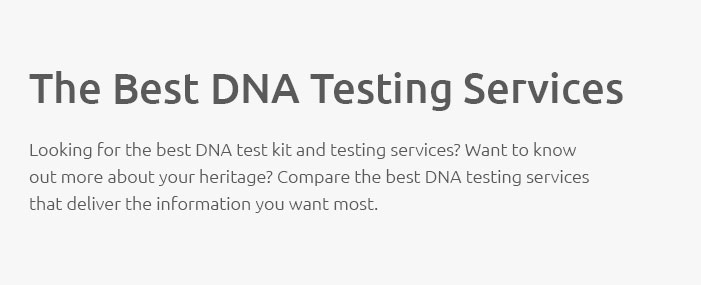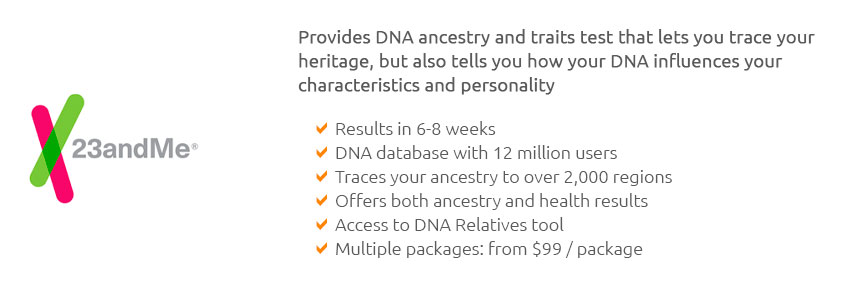 |
 |
 |
|---|
 |
 |
|---|
 |
|
|---|---|
 |
 |
 |
 |
 |
 |
 |
 |
 |
 |
 |
 |
 |
 |
 |
 |
|---|
Unraveling the Threads of Your Family Tree: A Comprehensive GuideEmbarking on the journey to discover your family tree can be one of the most rewarding adventures, connecting you with your past and offering insights into your heritage. However, as with any expedition, there are common pitfalls that can hinder your progress. In this guide, we'll explore practical advice on how to navigate this fascinating pursuit while avoiding frequent mistakes. Let us dive in with a curious mind and a spirit of discovery. Begin with What You Know: The cornerstone of genealogical research is starting with the information at your fingertips. Begin by interviewing family members, collecting stories, and gathering documents like birth certificates, marriage licenses, and photographs. These pieces of evidence are invaluable, offering clues that might otherwise be overlooked. Organize Your Findings: It’s crucial to keep your data well-organized. Many genealogists recommend using software tools or online platforms to catalog your information systematically. This approach not only ensures that you can easily access details but also prevents the common mistake of losing track of sources or duplicating efforts. Verify Your Sources: One of the biggest errors in genealogical research is taking information at face value. Always seek to verify your sources. Double-check dates and names against multiple records, and be wary of relying solely on family lore, which can sometimes be exaggerated or inaccurate. Explore Public Records: Census data, military records, and immigration documents are treasure troves of information. Accessing these records can fill gaps in your family tree and provide context about the lives of your ancestors. Websites such as Ancestry.com or FamilySearch.org are excellent starting points for accessing such databases. Avoid Assumptions: It’s easy to jump to conclusions when piecing together your family history, especially when certain names or dates seem to align. However, assumptions can lead to inaccuracies that may mislead your research. Take time to cross-reference information and remain open to unexpected discoveries. Reach Out to the Community: Genealogy enthusiasts form a passionate and knowledgeable community. Engaging with forums, attending local genealogical society meetings, or joining online groups can provide you with insights and support. Fellow researchers might even have access to resources or information that you do not. Embrace DNA Testing with Caution: While DNA testing can reveal fascinating connections and ethnic backgrounds, it’s essential to approach it with a critical eye. Not all tests provide comprehensive results, and privacy concerns are worth considering. Ensure you understand what the test offers and how your data will be used. Keep an Open Mind: Genealogical research can sometimes lead to unexpected revelations about family history. Embrace these discoveries with an open mind and a willingness to accept the complexities of your lineage. Every family has its unique stories and secrets, which contribute to a richer understanding of who you are. Document Your Journey: Finally, remember to document your research journey. Keeping a journal or blog can help you track your progress and reflect on the stories you uncover. This practice not only aids your memory but can also be a valuable resource for future generations eager to learn about their roots. In conclusion, while the path to uncovering your family tree is filled with challenges, it is equally rewarding. By approaching your research methodically, verifying sources, and engaging with the genealogical community, you can weave a narrative that honors your ancestors and enriches your understanding of your identity. Happy exploring! https://www.familysearch.org/en/blog/find-my-ancestors-familysearch-family-tree
Go to FamilySearch, and under the Family Tree tab, choose Find. Be prepared to log in or create a free FamilySearch account. https://www.reddit.com/r/Genealogy/comments/pbo5eu/whats_the_best_way_for_me_to_learn_about_my/
Use FamilySearch to look for records - start by looking up ancestors who were alive for the 1940 census (Taken April 1940, I believe?) and go ... https://www.quora.com/Whats-a-completely-free-way-to-find-your-ancestors-without-looking-through-online-records
Sites like the LDS page (FamilySearch Free Family Trees and Genealogy Archives) or Find a Grave (www.findagrave.com) are a great place to ...
|
|---|